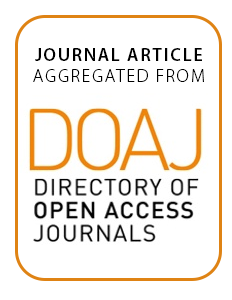Resource information
Ecosystem-based adaptation (EbA) is increasingly being promoted as a cost-effective means of adaptation to climate change. However, in spite of considerable international press, there is still little evidence to substantiate this claim. This study proposes a method through which the cost-effectiveness of EbA strategies can be evaluated against alternative adaptation options, and contributes to South African literature on the subject. The potential cost-effectiveness of wetland restoration is assessed as a means of securing the carrying capacity of land for pastoralist communities of the Kamiesberg communal area in South Africa under projected future climate conditions. The conventional alternatives would be to respond to increasingly dry conditions by drilling boreholes and using supplemental feed for livestock. It was assumed that the EbA interventions would occur upfront, whereas the alternatives are more likely to be implemented in reaction to droughts over a longer time period. The study found the implementation of conventional alternatives to be more cost-effective than EbA as a means to sustaining livestock stocking rates, with EbA being twice as costly. However, this is framed from the perspective of those directly affected (the landowners), and does not include the benefits to broader society.


